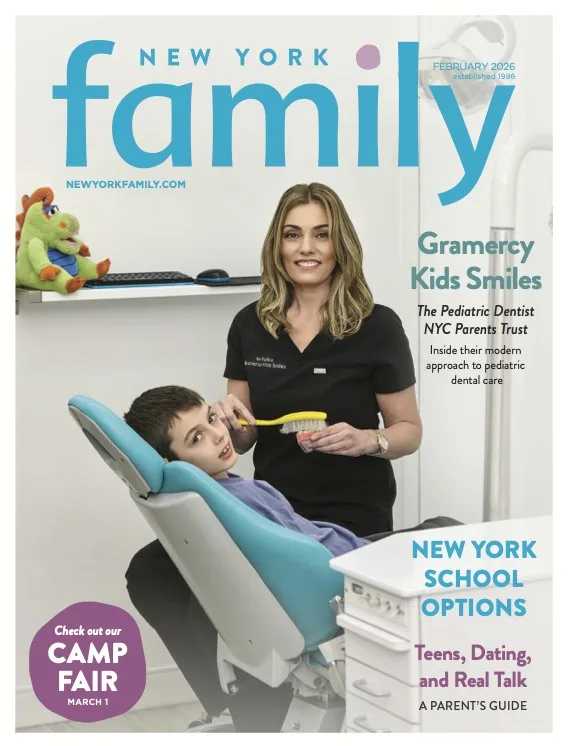Can you believe it? The stores will be taking down their Thanksgiving decorations and zooming toward Christmas before we know it! For those of us who share our lives with someone who has Autism Spectrum Disorder or another special need, we know the feeling of living Halloween way before autumn arrives, and of having to listen to Christmas carols in October. Ah, the anticipation of it all!
For many, this idea of happy holiday happenings can quickly turn into too much too soon, and lead to a downward spiral that can affect the whole family. Here are some simple strategies that may ease the overwhelming excitement, and allow the whole family to celebrate holidays in a timely, successive order.
• Always keep a calendar — not only for listing appointments and birthdays, but also to keep track of what people generally speak about and what activities they enjoy during special times of the year.
For example, in October, I would write at the top of the page: “People decorate their homes with pumpkins. Maybe we can go to a farm and go apple picking. People talk about baking and eating apple pie and pumpkin bread. We can watch fun, family movies like ‘The Wizard of Oz,’ or scary movies like [insert your child’s favorite scary movie here]. Everyone looks at Halloween costumes and buys bags of candy.”
When each major holiday ends, prepare your child for the next holiday. For example, write on the calendar on the day following Thanksgiving: “Start taking down Thanksgiving decorations. Start talking about Christmas. Start writing a list about what decorations to get for Christmas.”
• Include your child in functional tasks during the busy holiday season as much as possible. Invite him to help create a food shopping list for Thanksgiving dinner or Christmas cookies, or push the cart and find the items in the supermarket, or load the dishwasher after the meal. In other words, try to use his excitable, nervous energy as much as possible, in a positive, proactive way.
• As each holiday ends, have your child recycle all the holiday-centric catalogs and magazines to drive home the fact that this particular time of year is past.
• Limit his choices of music and movies to a seasonal selection, or those that are relevant all year. Lay out your newspaper’s television listings to demonstrate when most people watch Christmas movies. A good rule to follow is that he has the freedom to watch what he likes on the television in his bedroom, but in the living room, the family will be watching seasonally appropriate shows. Make it clear that on Christmas Eve, the family will not want to watch a movie about Easter.
• Always provide items and activities to keep special needs family members occupied during these holiday meals. We can amuse ourselves with conversation, but sometimes others cannot. Keep that in mind.
Follow these tips so that YOU and the rest of your family can enjoy yourselves!
Rebecca McKee, MSED has an Applied Certification in Behavior Analysis.













